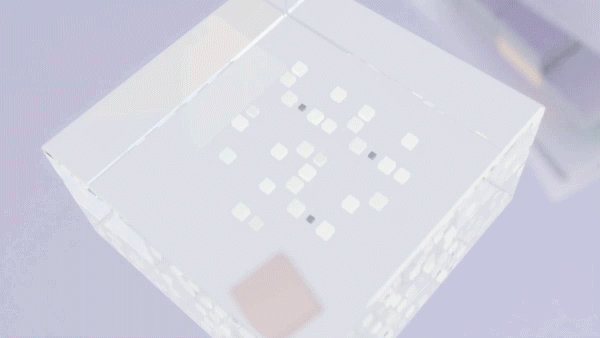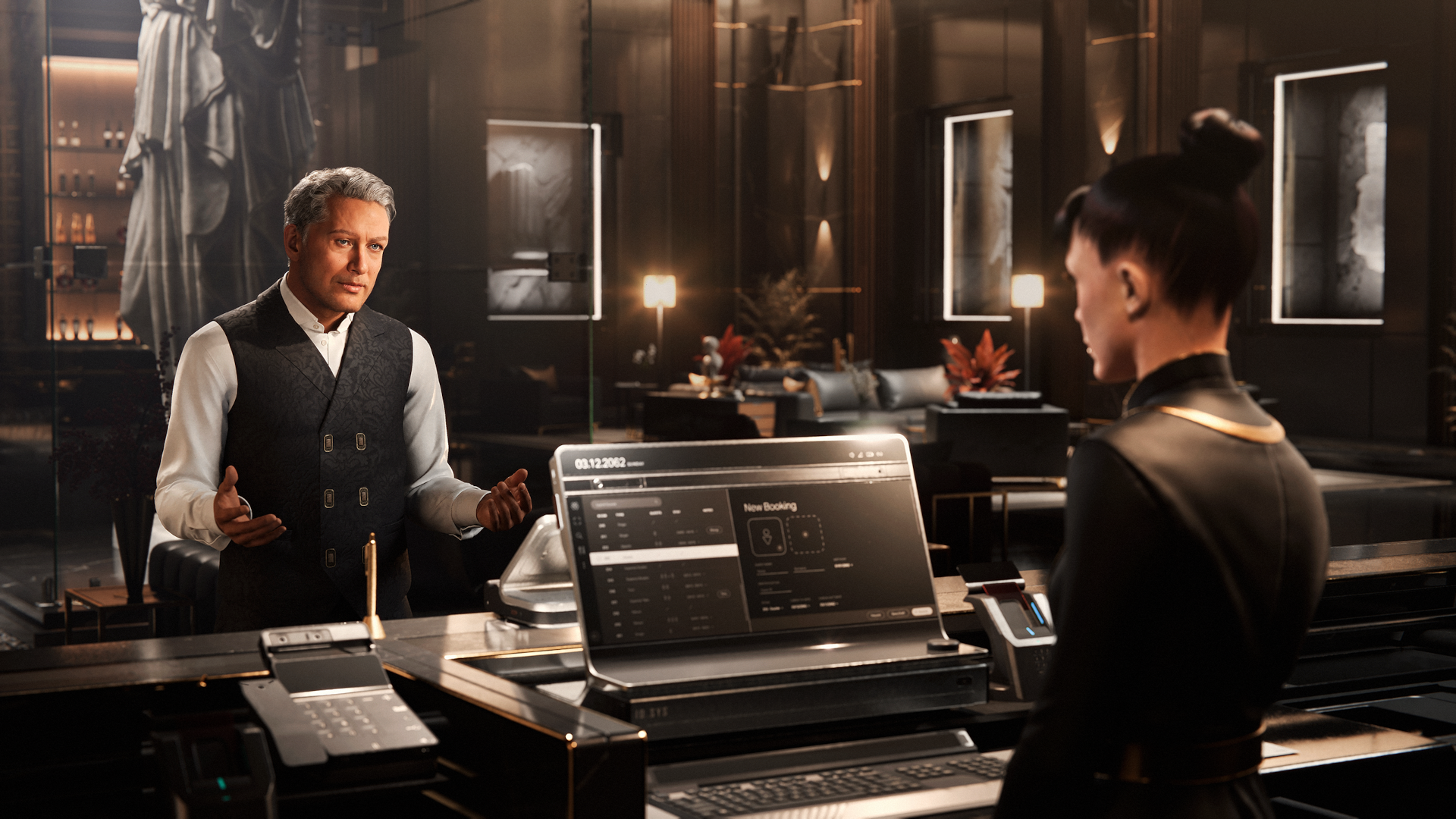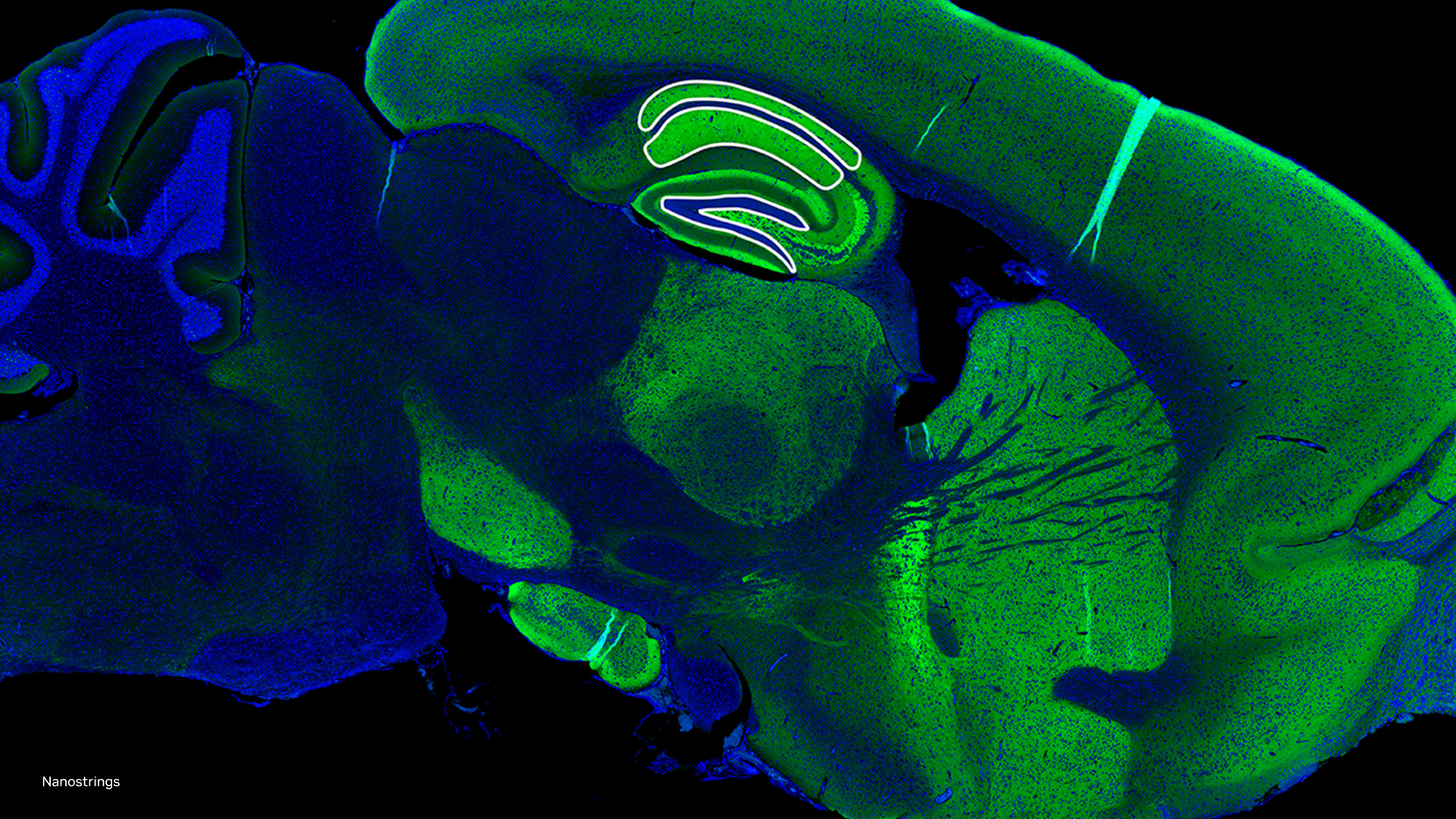Due to the coronavirus, the 2021 Korea Institute of Science and Technology Information (KISTI) GPU Hackathon was held virtually, under the guidance of expert mentors from KISTI, NVIDIA, and the OpenACC Organization. With the goal of inspiring possibilities for scientists to accelerate their AI research or HPC codes, the hackathon provided opportunities for solving research problems and expanding expertise using NVIDIA GPU parallel computing technology.
Known for being a face-to-face event, a virtual hackathon poses its own challenges for both attendees and hosts. The new format also required juggling a diversity of teams—composed of three HPC and AI teams, four higher education and research teams, and two industry teams.
The event team found the following recipe helped create a meaningful and successful experience for the participants:
Mentoring
Based on their expertise in specific domains or programming languages, dedicated mentors were paired with teams for guidance in setting goals, and considering different approaches. The mentors collaboratively worked to solve problems and troubleshoot obstacles the teams encountered. Daily mentor sync-up calls each day kept everyone focused and working toward the best strategy for meeting their goals.

Socializing
Everyone knows that all work and no play can actually hinder a team’s productivity. The hackathon provided a TGIF social hour session for participants and mentors. Using the Metaverse Gather Town Space, mentors and teams shared experiences, recharged their batteries, and developed connections that helped them continue forward for the duration of the event.

Resources and Live Seminars
Another important ingredient to success was making specialized training and resources available to attendees. For example, an NVIDIA Deep Learning Institute (DLI) workshop covering CUDA C/C++ topics was presented by a DLI ambassador and mentor. Other mentors provided team-dedicated tech sessions focused on TRT and NVIDIA Triton, OpenACC, and Nsight systems for profiling, parallel computing, and optimization.

Hard Work Pays Off
The PasCal team from Yonsei University is developing a thermal fluid solver that efficiently calculates the thermal motion of turbulence. At this hackathon, the team converted existing code based on CPUs to a multi-GPU environment through OpenACC and cuFFT Library. This resulted in accelerating the calculations by 4.84 times RHS (right-hand side, fraction step) of one of most time consuming subroutines.
The Amore Opt team from AmorePacific cosmetics company worked on GPU optimization of DeepLabV3 + segmentation model. By applying what they learned about the TensorRT Inference optimizer and NVIDIA Triton inference server, they improved inference speed making it 26 times faster. They did this while maintaining the accuracy in their AI models to detect skin problems for their future large-scale customer service.
The TFC team from Seoul National University joined a project to accelerate a CPU-based Fortran in-house fluid calculation code. By using NVIDIA GPUs at KISTI, the team accelerated the time-consuming Tri-Diagonal Matrix Algorithm (TDMA) for thermal solver and momentum solver and Fast Fourier Transform (FFT) for pressure solver calculations. They achieved a speed 11.15 times faster on a single V100 GPU.
NVIDIA Inception member Nota and HangYang University teamed-up to optimize the Nota Model compression engine by leveraging the Tensor Core in NVIDIA GPUs for INT4 quantization. Named NOTA-HYU, the team learned to use NVIDIA profiling tools Nsight system and Nsight Compute. They then applied NVIDIA library CUTLASS to achieve an overall speed 1.85 times faster for their residual block with CUDA optimization.
For more information on GPU Hackathons and future events, visit https://www.gpuhackathons.org/
Also don’t miss out on the OpenACC Summit 2021 scheduled from September 14-15, 2021.










